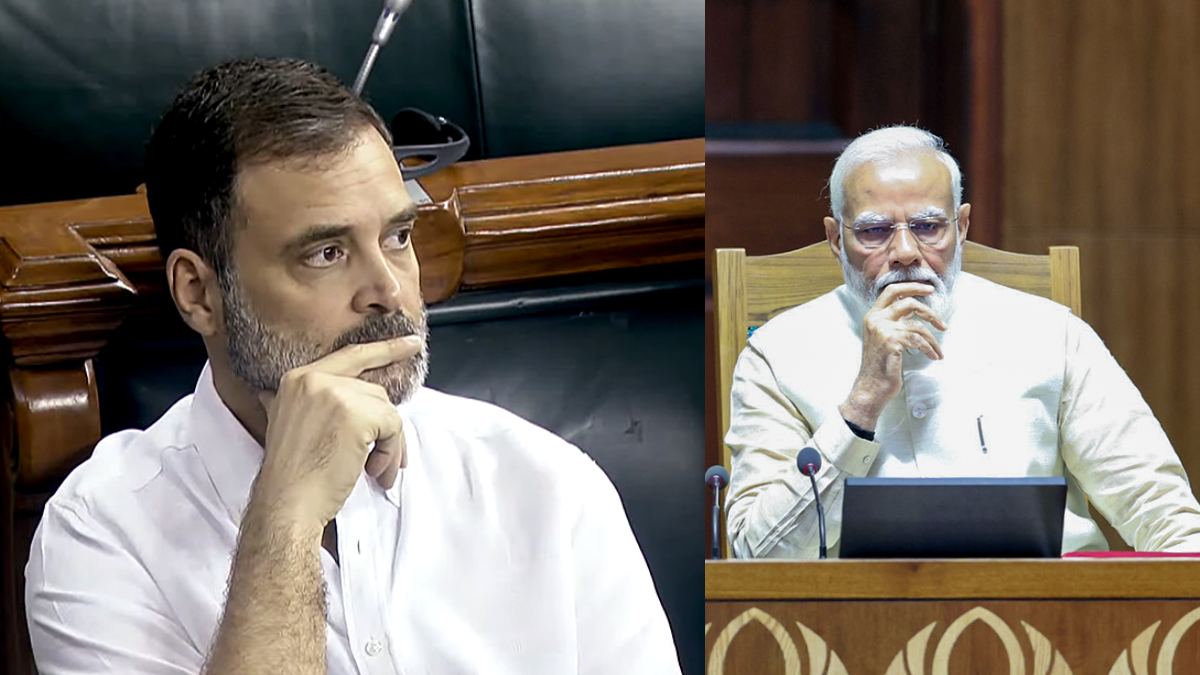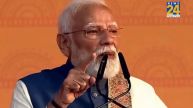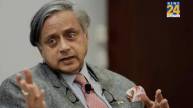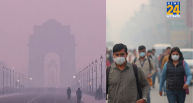New Delhi: In a dramatic turn of events, the much-anticipated No-Confidence Motion against the Narendra Modi government is set to unfold in the parliament today. Rahul Gandhi, Congress leader and recent returnee to parliament, is poised to spearhead the debate, generating immense anticipation and speculation.
Here is a comprehensive overview of the top 10 key aspects surrounding this high-profile parliamentary faceoff.
BJP gears up for strategy meeting
Ahead of the consequential no-confidence motion proceedings, the Bharatiya Janata Party (BJP) has convened a crucial parliamentary party meeting on Tuesday. The discussions will pave the way for deliberations, responses, and eventual voting on Wednesday and Thursday.
Symbolic motion with deeper intentions
The no-confidence motion, while harboring minimal prospects of being approved, represents the Opposition’s tactful approach to compelling Prime Minister Narendra Modi to address the escalating turmoil in Manipur. The relentless focus on this issue has cast a shadow over the ongoing monsoon session of the parliament.
Monsoon session marred by disruptions
Since its commencement on July 20, the monsoon session has been marred by incessant disruptions caused by opposition protests. A mere fraction of the government’s extensive legislative agenda has managed to gain approval amid the commotion.
Manipur crisis takes center stage
The Opposition’s persistent demand for a discourse on Manipur’s pressing concerns has branded it as the pivotal issue of the hour. While the government has conceded to the discussion, it remains steadfast that Prime Minister Modi will not take the floor, a demand that has been fervently advocated by the Opposition.
Key speakers lined up
A line-up of prominent voices is poised to engage in the debate. Notable speakers include Amit Shah, Nirmala Sitharaman, Smriti Irani, Jyotiraditya Scindia, and Kiren Rijiju. Additionally, five other BJP Members of Parliament are scheduled to contribute to the discussions.
BJP govt’s precedent argument
The government’s stance hinges on historical precedent. It contends that during two instances of significant violence in Manipur in 1993 and 1997, no parliamentary statement was issued in one case, and in the other, a statement was delivered by the junior home minister. This precedence, according to sources, nullifies the need for the Prime Minister’s direct involvement.
Opposition’s urgent plea
In stark contrast, the Opposition vehemently asserts that the severity of the situation, characterized by over 170 casualties, injuries, and mass displacements since May, underscores the urgent necessity for Prime Minister Modi’s direct attention and response.
Heated exchange
Union Home Minister Amit Shah, engaging in discussions about the Delhi Services bill, accused the Opposition of evading a Manipur debate. Shah emphasized that the focal point is the Manipur crisis and the government’s initiatives to address it, rather than a display of strength through voting.
Echoes of 2018
This isn’t the first time Prime Minister Modi has faced a no-confidence motion. In 2018, the Telugu Desam Party moved a similar motion, which was defeated by a significant margin. The government secured 325 votes against the motion’s 126.
Numerical Dynamics
With the current Lok Sabha strength at 570 and a majority threshold of 270, the National Democratic Alliance (NDA) commands an impressive 332 votes. The addition of the Biju Janata Dal from Odisha and Andhra Pradesh’s YSR Congress, both aligned with the NDA, raises the government’s tally to 366. In comparison, the united opposition, led by INDIA, has a combined total of 142 members.













